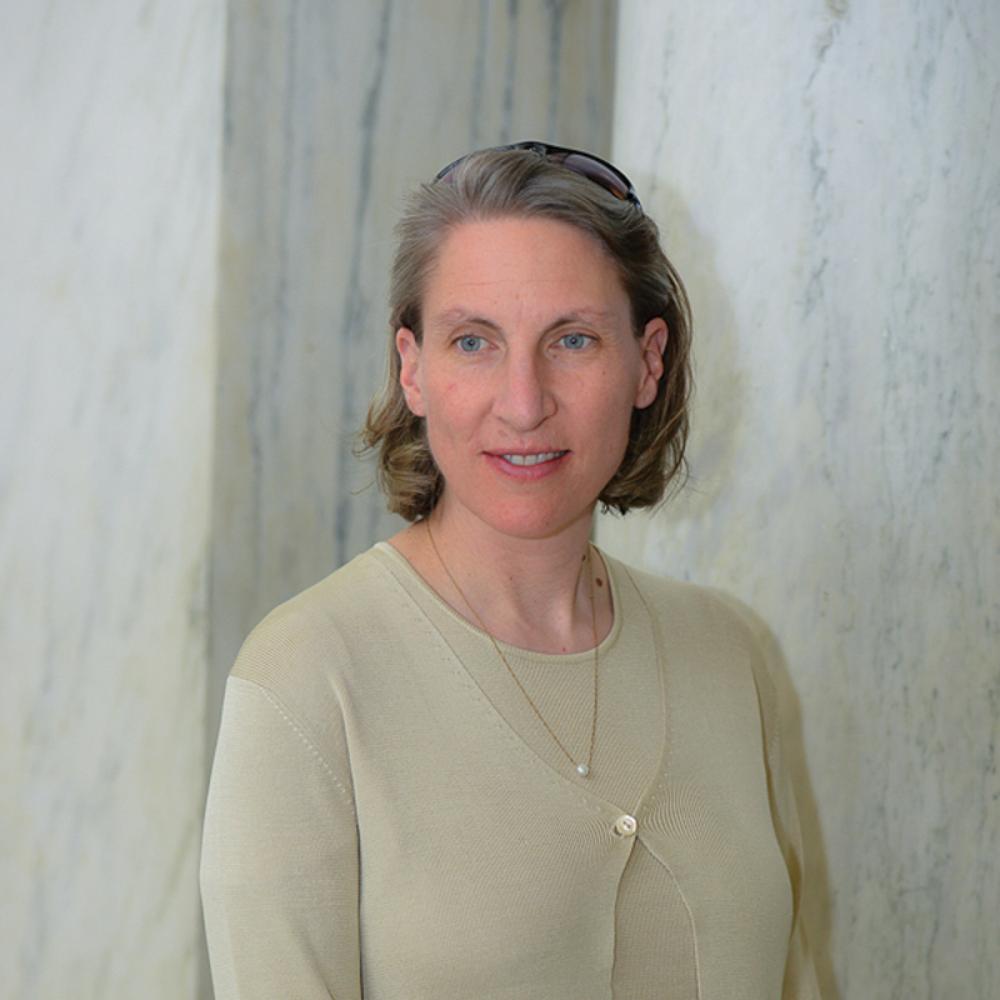Nina Kemppel, CEO of the Alaska Humanities Forum, knows the power of story. Just listen to this tale of a wildlife encounter while out running trails as a girl with her dad (and keep in mind that a moose in the forty-ninth state is the size of a horse).
“I was seven. We were running intervals on the Jodhpur Loop in Kincaid Park. We came around a corner and there was a baby moose.
“My dad said, ‘Turn around and run!’ And he started to run, but it was wet and I slipped. And this mother moose came running out of the woods.
“She didn’t want to hurt me, she wasn’t trying to trample me, but she just put her hoof nicely on my shoulder, [as if to say] ‘while my baby goes away.’”
Once her offspring was at a safe distance, the moose retreated. Kemppel’s eyes grow wide as she tells it, reliving an intense moment that no Alaskan can hear without shuddering at the image of that protective mama’s powerful hoof.
The anecdote tells you a lot about Kemppel. For one, she’s composed under pressure. Two, she knows just how gripping a moose-in-your-face story will be for her listeners—that it resonates experience and respect for a place as uniquely adventurous as Alaska certainly helps. And, three, she is on point: A good moose story dovetails nicely with the forum’s stated mission, “to use the humanities to tell stories and impact the lives of all Alaskans.”
“That mission motivates me,” says Kemppel, now forty-four. “Even with a minimal budget, we can have an amazing impact in all areas across the state.”
After two and a half years as the forum’s CEO, Kemppel can also talk about solid accomplishments, in education for instance. In Alaska, retaining qualified teachers in rural communities remains a huge challenge. Thirty percent quit within the first year.
To address the problem, the forum has stepped up with the C3 Project, a cross-cultural immersion program for new teachers. The program teaches skills and cultural sensibilities that prime new teachers for rural environments and the subsistence lifestyle they’ll navigate. Many lessons are practical: filleting a fish or safely steering a four-wheeler, common transportation in rural areas. Others are more nuanced: Joining in elder and youth culture camps and taking on a local community cultural mentor for two years.
Outcomes are impressive. “The average teacher turnover in these rural regions is between 7 and 52 percent,” Kemppel says. “Our teacher retention rates are at 87 percent for teachers returning for year two, so we’re really seeing the program work.” Even more telling? Schools are asking to partner with the forum so that all their teachers can have this experience.
Kemppel is deeply proud of her team, which has helped steer many forum programs toward success. Another of the forum’s success stories is an Anchorage-based leadership program launched years ago that uses the humanities to empower the next generation of civic leaders. The program has graduated several cohorts of diverse young Anchorage leaders. Now, under Kemppel’s guidance, the forum will partner with other organizations across the state to transform Leadership Anchorage into Leadership Alaska, taking those same learning and mentoring opportunities statewide.
The work takes focus and commitment, qualities Kemppel learned as a young athlete. She was only eight years old when she sat her parents down and told them, “I want to go to the Olympics.” “You’ll have to work very hard,” they told her. Kemppel was undeterred, skiing every day before school on that same Jodhpur Loop in Anchorage’s predawn winter darkness.
Her Olympic dream came true, and Kemppel relished a thirteen-year career as a cross-country skier with the U.S. Ski Team. Importantly, she credits this journey with awakening her to the humanities.
“I had such a wonderful opportunity to travel all over the world and talk to different people, and to see how the humanities and arts are different in each place and why,” Kemppel says.
Her natural passion for math and numbers led to an economics degree from Dartmouth, followed by an MBA from the Tuck School of Business. Her training and aptitude launched a career in strategy consulting, both for Fortune 500 companies out of Boston and later for nonprofits in Portland, Oregon.
It was in Portland that she received a phone call from then-board president Mary K. Hughes, who was looking for a candidate who understood how important history and culture are to Alaska, and who could lead the nonprofit forum into the future.
“I came home,” Kemppel says simply, “for this job.”


